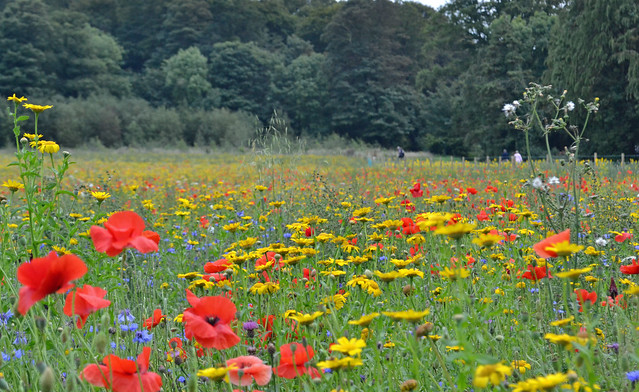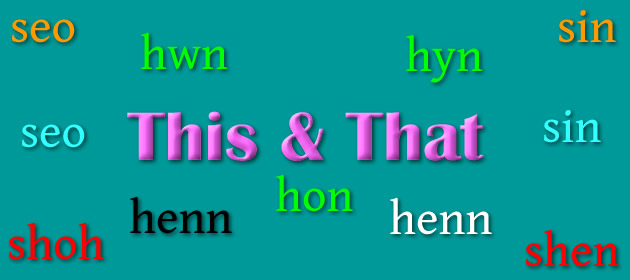Today we are giving peace a chance in Celtic languages, and visiting some fairy mounds.

A oes heddwch? (Is there peace?)
| Proto-Celtic | *sedom = tumulus, peace *sīdos = tumulus, peace, mound (inhabited by fairies) |
|---|---|
| Old Irish (Goídelc) | síd = fairy mound, fairy, wondrous, enchanting, charming, delightful síde = fairy people, fairies sídach = of a fairy |
| Middle Irish (Gaoidhealg) | side = fairy mound |
| Irish (Gaeilge) | sí [ʃiː] = fairy mound síth = peace, peace-offering, appeasment, pardon, forgiveness síthe = fairy, bewitching, enchanting, deceptive, delusive síofrach = elfin, fairy-like síog = fairy sián = fairy mound bean sí = banshee, fairy woman |
| Scottish Gaelic (Gàidhlig) | sìth [ʃiː] = fairy, peace, (fairy) hill, (fairy) mound sìoth [ʃiəh] = peace sìothshaimh [ʃiːhəv] = peacefulness, tranquillity |
| Manx (Gaelg) | shee = peace; fairy, fairylike, fairy spirt, sprite sheean = fairy hill, knoll, charm, fortune sheeaghan = fairy spirt sheeoil = composed, peaceable, peaceful, peace-loving ben shee = banshee, fairy woman |
| Middle Welsh (Kymraec) | het, hed = peace, tranquillity, calm |
| Welsh (Cymraeg) | hedd [heːð] = peace, tranquillity, calm, serenity, quiet, dwelling, residence heddgar = peace-loving, peaceable, peaceful heddlu = police (force) heddwas = police officer heddwch = peace, concord, public order and security heddychu = to make or restore peace, be reconciled, become pacified or appeased heddychwr = peacemaker, appeaser, conciliator, pacifist |
| Middle Cornish (Cernewec) | hedh = tranquillity, peace hedhwch = peace, quietness, tranquillity hedhy = to peace make, cause quite, tranquillize, rest, cease, stop |
| Cornish (Kernewek) | hedh = halt, pause, respite |
| Old Breton | hed = peace |
| Middle Breton (Brezonec) | hezañ, heziñ, hezek = to cease, stop, remain, delay |
| Breton (Brezhoneg) | hez = peace (?) |
Etymology: from the Proto-Indo-European *sed- (to sit) [source]. Words from the same PIE root include possibly words for to sit in Celtic languages, and chair, nest, seat and sit in English [source].
Words marked with a * are reconstructions.
Sources: Wiktionary, Am Faclair Beag, Online Manx Dictionary, Teanglann.ie, eDIL – Electronic Dictionary of the Irish Language, In Dúil Bélrai English – Old Irish glossary, Geiriadur Prifysgol Cymru, Gerlyver Kernewek, Gerlyvyr Cernewec, Dictionaire Favereau, TermOfis, Le dictionnaire diachronique du breton, Geriafurch, English – ProtoCeltic WordList (PDF), Etymological Dictionary Of Proto Celtic










